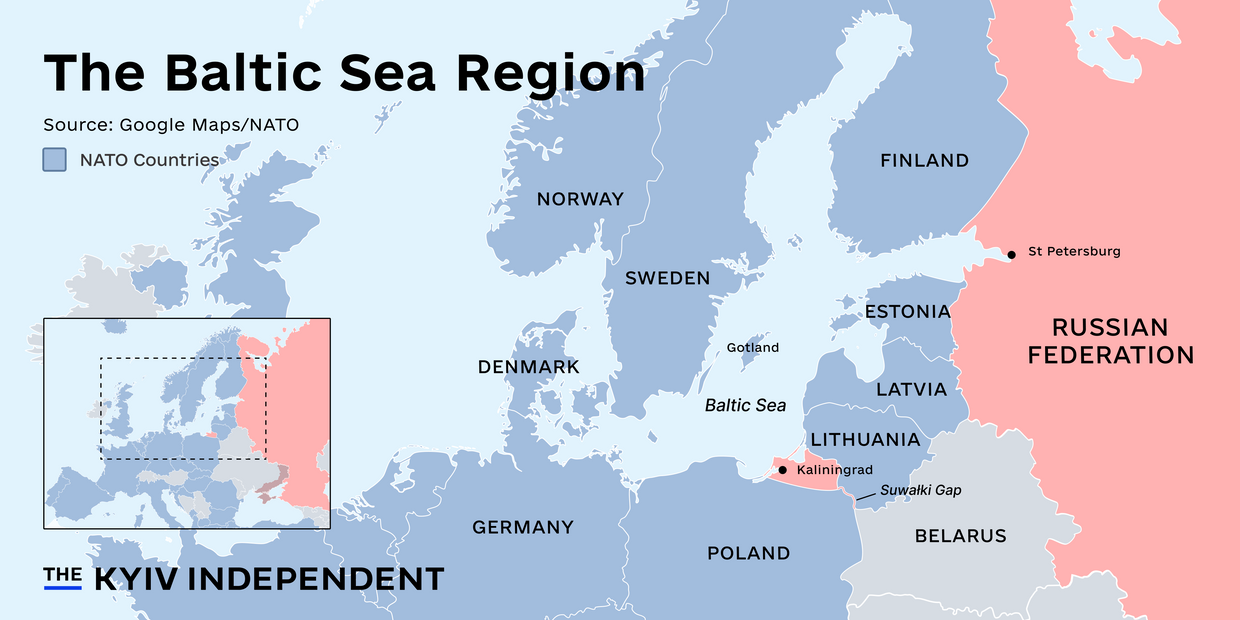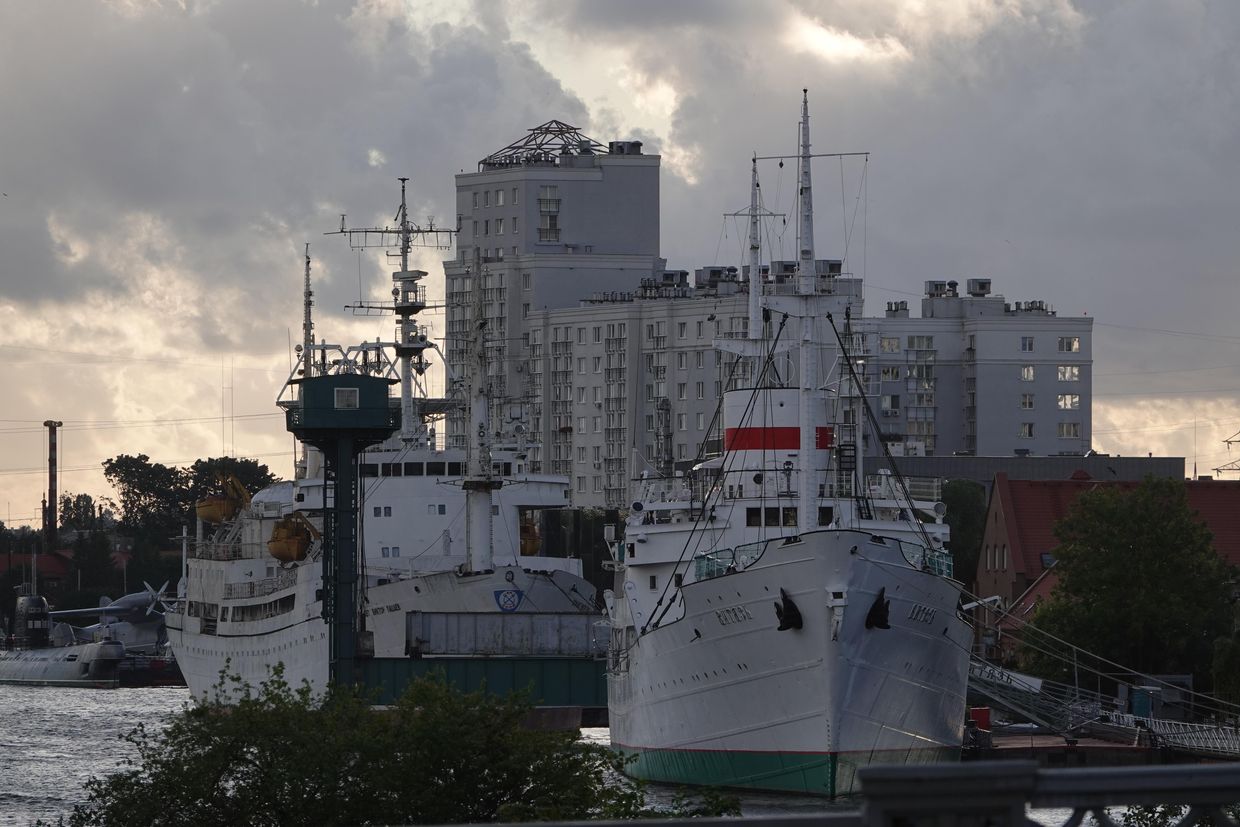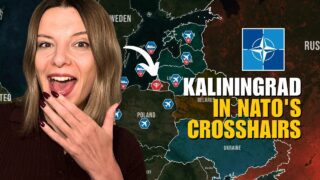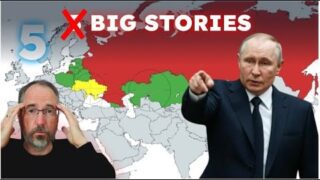
Poland starts fortifying border with Russia's Kaliningrad exclave as part of 'East Shield' initiative
Poland has started building defensive lines on the border with Russia as part of the "East Shield" initiative, Polish Prime Minister Donald Tusk said on Nov. 1.
Presented this May, the "East Shield" program aims to fortify Poland's borders with Belarus, and the Russian exclave of Kaliningrad. It includes a mix of new physical barriers, modern surveillance systems, and infrastructure development.
The program is part of NATO’s eastern flank joint regional defense infrastructure plan that Poland is carrying out with Lithuania, Latvia, and Estonia.
Warsaw allocated a total of 10 billion złoty ($2.5 billion) to strengthen the borders with Russia and Belarus to deter aggression.
"This is the largest operation to strengthen Poland’s eastern border, NATO’s eastern flank, since 1945," Polish Defense Minister Wladyslaw Kosiniak-Kamysz said in spring.
Kaliningrad Oblast is a small piece of land measuring 15,100 square kilometers — not much larger than the U.S. state of Connecticut — sandwiched between Poland and Lithuania. It has a short, western coastline on the Baltic Sea. Its capital is also called Kaliningrad.
Though it may be small, strategically it gives Russia a second point of direct access to the Baltic Sea, the other being through its most eastern arm in the Finnish Gulf.
Russia's Baltic Sea Fleet has its headquarters and main base in Kaliningrad Oblast.

The Suwalki Gap is the closest point between Kaliningrad Oblast, and one of Russia's staunchest allies, Belarus.
It's a mere 40 kilometers wide and closely tracks the Poland-Lithuania border on the Polish side.
In the event of a war between NATO and Russia, Russian and Belarusian forces linking up across the Suwalki Gap would cut off the only land route to all three Baltic States.
In May, Tusk said that Poland had begun strengthening its entire eastern border with Belarus due to a growing "hybrid war" and illegal migration.
Warsaw for several years accused Belarus of deliberately pushing migrants into Poland in order to pressure the EU over sanctions, a charge Minsk has denied.
Russia's invasion of Ukraine has sparked concerns that the Baltic states, which are among Moscow's biggest critics and Kyiv's staunchest allies since day one of the all-out war, could become the next target for aggression.
These fears are reinforced by Russian leader Vladimir Putin's repeated threats to NATO countries.
















